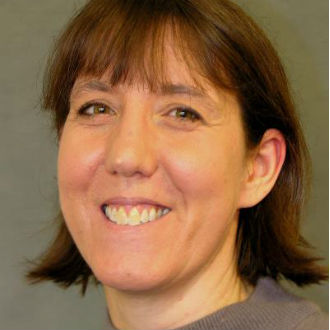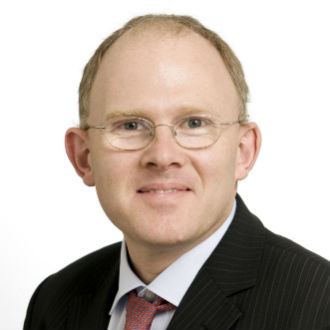What do I do if a patient’s parents fundraise for an illness their child doesn’t have?

I am surprised to read in the local paper that a mother has received donations of thousands of pounds to have her son’s rare disease treated in the USA. The family is in my list and there is no significant disease, rare or otherwise, in this child’s records. What should I do?

Dr Helen Cotton: Decide on the most likely scenario, and if it’s fraud seek advice from your defence organisation
There are three possible reasons for this scenario: incomplete medical records, fabricated illness and fraud. Each require different approaches, the first challenge then is to decide which the most likely scenario is.
Reviewing the patient and family records would be a good first step, not so much to see if the illness is real but to check whether there is any risk this is a fabricated illness (and hence a child protection issue). Next, talking with colleagues within the practice and within the extended PHCT may provide useful information. If it emerges that there is a real illness then steps to update the notes are required. If concerns around fabricated illness are raised then social services should be contacted, ideally after speaking to the parents to advise that this is going to happen.
The most likely scenario though, is fraud. The GMC confidentiality guidance is clear that confidentiality may be breached in the context of serious crime. This scenario is significant fraud as thousands of pounds have been obtained. Further this guidance provides for breaching confidentiality without seeking patient consent if there is reason to believe that disclosing information would put you or others at risk.
Notwithstanding this clear confidentiality guidance, in a situation like this advice from your defence organisation should be sought. The police may then be contacted here.
Dr Helen Cotton is a GP in Yeovil

Dr Dan Kremer: Your first concern should be the safety of the child
This situation might trigger a strong emotional reaction, but before proceeding with any decision, you should objectively consider how to balance potentially conflicting duties.
You should first consider the duty of confidentiality owed to the child. While GMC guidance states ’you must treat information about patients as confidential,’ it goes on to say, ’Confidentiality is an important duty, but it is not absolute.’ Confidentiality may be breached if the patient consents, if it is required by law, or if it is in the public interest.
Confidentiality, according to the GMC, may be breached if necessary for the prevention, detection or prosecution of serious crime. While ‘serious crime’ is not clearly defined, this alleged fraud could fall into that category warranting disclosure to the police of the minimum information necessary.
In this case, the child might be suffering in order to support the fraud, such as by missing school or being forced into a sickness role. A younger, more vulnerable child might be at greater risk and GMC guidance states that your first concern must be the safety of children. You must inform an appropriate person or authority, such as the clinical child safeguarding lead or social services, promptly of any reasonable concern that children or young people are at risk of abuse or neglect. You should follow the local policy on child safeguarding, which might involve taking the advice of the clinical child safeguarding lead.
Before any disclosure it would be normal to discuss these issues with the parents. However, in this case, doing so might put the child at greater risk, for example the family might abscond, and there might be good reason not to let the family know of the disclosure in advance.
Dr Dan Kremer is a medicolegal adviser at Medical Protection

Dr Jessica Garner: Involve the mother in your actions
This is a complicated and potentially difficult case, and would be best handled by the practice as a whole rather than the individual doctor. The mother has defrauded the local population out of a significant amount of money. The fact that you are in a position to counter her claims puts the practice in a unique and delicate position. Confidentiality is one of the cornerstones of good medical practice, and without it the profession would most certainly suffer. However confidentiality is not absolute and there are exceptional cases where breaking confidentiality is appropriate.
An appropriate course of action would be to invite the mother in for a meeting. It would be sensible to do this with both the practice manager and senior partner also in attendance. I would endeavour to discuss the newspaper article frankly, and her response would dictate how things proceeded. The ideal outcome would be for her to go to police independently. However if she were to refuse, GMC guidance clearly states that personal information may be disclosed without the patient’s consent when it is in the public interest. Given that this case involves serious criminal activity on the mother’s part, speaking to the police about the matter would be justified, though I would try to inform her of my course of action before discussing it with the authorities.
The second issue of concern in this case is the child’s role. Social services may need to be involved if it was felt that the child had been subject to any mental, physical or emotional abuse during this period.
Dr Jessica Garner is a GP in Worcestershire and a health blogger
Pulse July survey
Take our July 2025 survey to potentially win £1.000 worth of tokens











